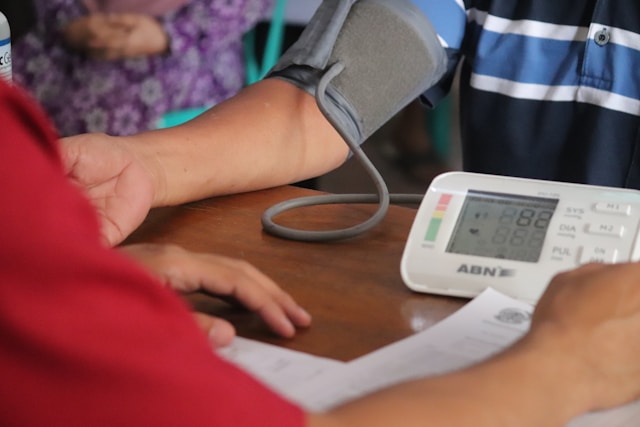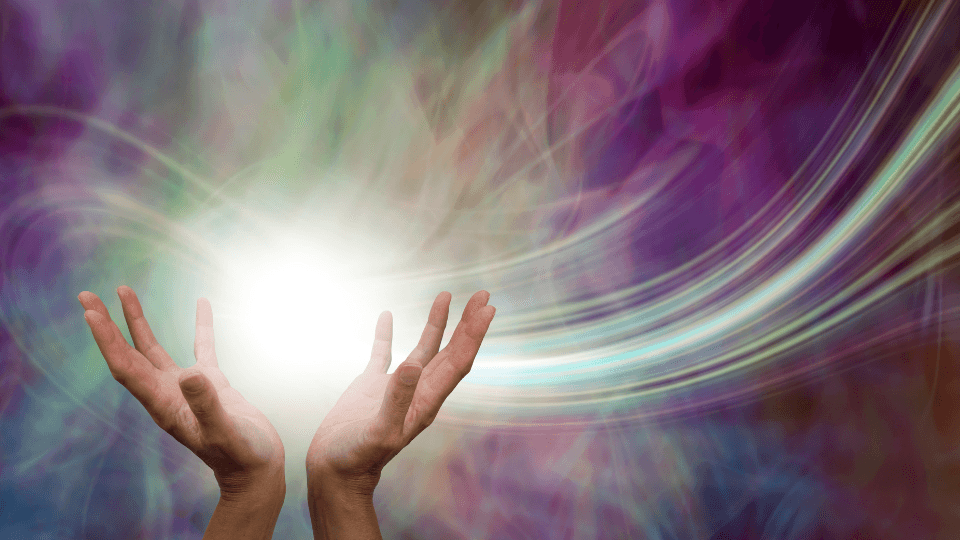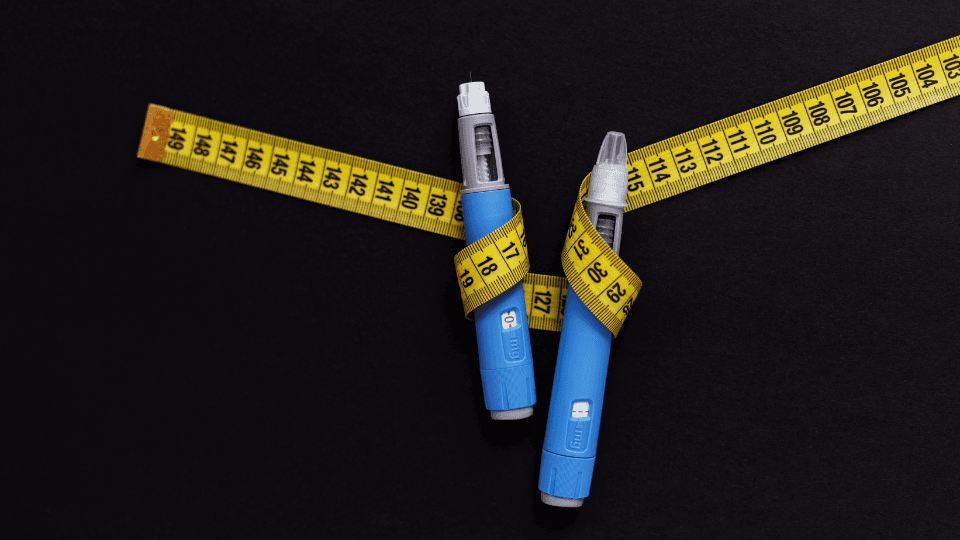Back
21 Aug 2023
The future of sleep

Dr Jarrad Van Zuydam | Sports Physician
Showing up at the morning meeting with red eyes after pulling an all-nighter used to be worn as a badge of honour. But the high cost of hustle culture on our mental and physical health is clearer now and things are changing. Poor sleep can sap your energy levels, lower your mood, and reduce your concentration. It can also negatively affect your relationships, immune system, work, and social life. For the high-performing corporate athlete, good sleep is non-negotiable.
Despite this, 1 in 5 people in the UK aren’t getting enough sleep and 1 in 3 struggle to get to sleep at least once per week. Environmental issues, life events, anxious thoughts, and poor lifestyle habits are the most common reasons for sleep trouble. Even if you want to, improving your sleep is easier said than done.
With 80% of adults wanting to improve sleep, there is money to be made. Various tech startups have risen with promises of getting you the rest you deserve, but are they worth the investment or just blowing hot air?
Measuring sleep
The wearable market has continued to see astonishing growth, and you’d be hard-pressed to find a modern device that doesn’t offer some sort of sleep tracking functionality. Smart watches, smart rings, smart straps, and even smart headbands can all spit out data about your sleep duration, continuity, phases and more. Accuracy of these devices continues to improve and most popular devices are fairly accurate at tracking sleep time. However, they are not as accurate at tracking the various sleep phases and you should view the data about your REM sleep or deep sleep duration with some scepticism.
The data gives you something to reflect on so that you might change your behaviour and improve your sleep. You might spot a trend that shows how your sleep suffers if you have more than one glass of wine with dinner, for example. The flip side of the coin is “orthosomnia”, where obsession with perfecting your sleep tracker data leads to anxiety and poor sleep!
Sleep pharma
Some people just need less sleep than others. I’m sure you know a few of those infuriating people who seem to function perfectly on just a few hours of sleep. It turns out that their superpower may have a genetic link. Research is starting to discover some of the responsible genes: two genetic mutations that let some people sleep far less than average but feel fully rested. Pharma companies are licking their lips at the prospect of medications to target these genes and make us all less reliant on sleep. Sleep in a pill. What will they think of next?
App-lying for better sleep
An app for every ill, and sleep is no different. Cognitive behavioural therapy (CBT) is effective at treating insomnia. Now, apps from Sleepio, Pear Therapeutics, and others promise to serve up this service in a digital format and bring CBT to the masses. Early research is promising, but will CBT delivered in this fashion be as effective as face-to-face delivery? Crescent Health is betting that it won’t and doubling down on delivering one-on-one sleep coaching through their digital platform.
Gadgets and gizmos
It’s not just software startups getting in on the action, hardware companies are taking an interest in the sleep space too. So-called ‘smart mattresses’ can track your sleep and maybe even improve it. Eight Sleep sells a mattress that monitors your breathing, heart rate and sleep stages, automatically heats and cools different sections and even wakes you up gently when the time is right. ReST takes it even further with a mattress that monitors body pressure in 5 different regions and allows you to adjust them independently.
If you’d like to move deeper into The Jetsons territory, try a stress-relieving, huggable sleep robot. The Somnox 2 uses controlled breathing to reduce stress, lower your heart rate, and calm your body and mind. Apparently, you can physically feel the calm breathing rhythm of the robot and then (subconsciously) adopt it.
If you aren’t into sleeping with robots, a brain stimulating smart headband might be more up your alley. The Somnee headband uses electrical impulses to stimulate specific regions of the brain. They claim it can cut the time taken to fall asleep in half.
The future of sleep? I hope not.
How did cavemen sleep without a sleep robot?
I love new tech just as much as the next person, but I have an inkling that we may be getting a little carried away. Maybe the future of sleep can be found in the past. Our new sleep technology might help you get the sleep you need but it would be silly to resort to expensive gadgets if you haven’t got the basics in place yet. Our cave-dwelling ancestors probably had it right:
Go to sleep a bit after the sun goes down
Rise when the sun rises
Sleep somewhere dark
Sleep somewhere quiet
Sleep somewhere cool
Avoid blue light and work stress close to bed-time too.
I’ll admit that the last point was a lot easier to achieve in the Paleolithic than it is now, but some low-tech sleep aids can help you replicate a cosy cave. Grab some comfortable eye shades, pop in some earplugs and turn the A/C down a bit.
I wonder if they will refund you for that creepy sleep robot?













